

Failure to provide reasonable accommodation or engage in the interactive process
Employers have an affirmative duty to engage in an interactive process with employees who have disabilities. Employers must also provide reasonable accommodations to disabled employees who request a reasonable accommodation. Even if the employee doesn’t ask for the accommodation, the employer may still have to provide the accommodation if it knew or should have known about the employee’s disability and their need for an accommodation.
The terms “reasonable accommodation” and “engage in interactive process” can be confusing. The employer and employee’s specific obligations can be even more confusing. There is no bright-line rule for an acceptable reasonable accommodation, nor are there exact steps that must be taken to ensure that the reasonable accommodation process was followed correctly. Every situation, particularly in this area of law, requires a different analysis or approach.
Browne Employment Lawyers helps its clients who are disabled navigate these processes. We recognize that each case is different, particularly in this area of employment law. Many factors make a difference, including the employer’s size, the employee’s job title, whether co-workers can do the job, and how long the accommodation will last, among other factors. Our law firm also litigates against employers who have not held up their end of the bargain related to engaging in the interactive process or providing a reasonable accommodation. Reasonable accommodation and interactive process claims do not require the employee to prove that the employer intended to skirt those obligations. Usually, reasonable accommodation and interactive process lawsuits also include claims for disability discrimination, retaliation, and failure to prevent discrimination.
The employer’s obligation to engage in the interactive process is a separate legal obligation from its duty to provide a reasonable accommodation. The legal standard is that the employer is supposed to “engage in a timely, good faith interactive process” with a disabled employee to determine any accommodations that may be possible. Employers must begin the interactive process when employees request accommodations for their disabilities. The employer must also start this process when it becomes aware of the need for an accommodation even if the employee doesn’t speak up. The Department of Fair Employment and Housing (DFEH) has published information about both parties’ obligations to engage in the interactive process.
As the interactive process begins, the employer also has an affirmative duty to determine whether a reasonable accommodation is available to the employee. Employers are supposed to provide reasonable accommodations to employees unless it causes an undue hardship to the employer. Reasonable accommodations include medical leaves, changing schedules, providing assistive equipment or technology, and changing job duties. That’s not an exhaustive list. As long as the employee’s request is reasonable, or the employer knows of a reasonable alternative that would allow the employee to perform the essential functions of their job, the employer needs to respect that request. Not all requests are reasonable. For example, a request for an extended medical leave might not be reasonable if the employer is small and it’s extremely difficult for the employer to cover that employee’s absence. On the other hand, a request for an extended medical leave might be reasonable if the employer is big and it’s extremely easy for the employer to cover that employee’s absence.
If you have experienced reasonable accommodation or interactive process violations, Browne Employment Lawyers is available for free consultations to investigate and determine whether we can offer to represent you. To begin this process, please get in touch with us by calling or texting 800-421-2594 or emailing team@coylebrownelaw.com.
While not required for an initial consultation, it is helpful to prepare in advance:
The specific facts and any records about the incident(s), including the name and contact information of the person or entity you believe harmed you (if known);
The names and contact information of any witnesses (if known); and
Copies of any documents or other evidence related to your situation.
Free consultation by a lawyer. If we can take your case, there are no up front costs or fees.
"*" indicates required fields